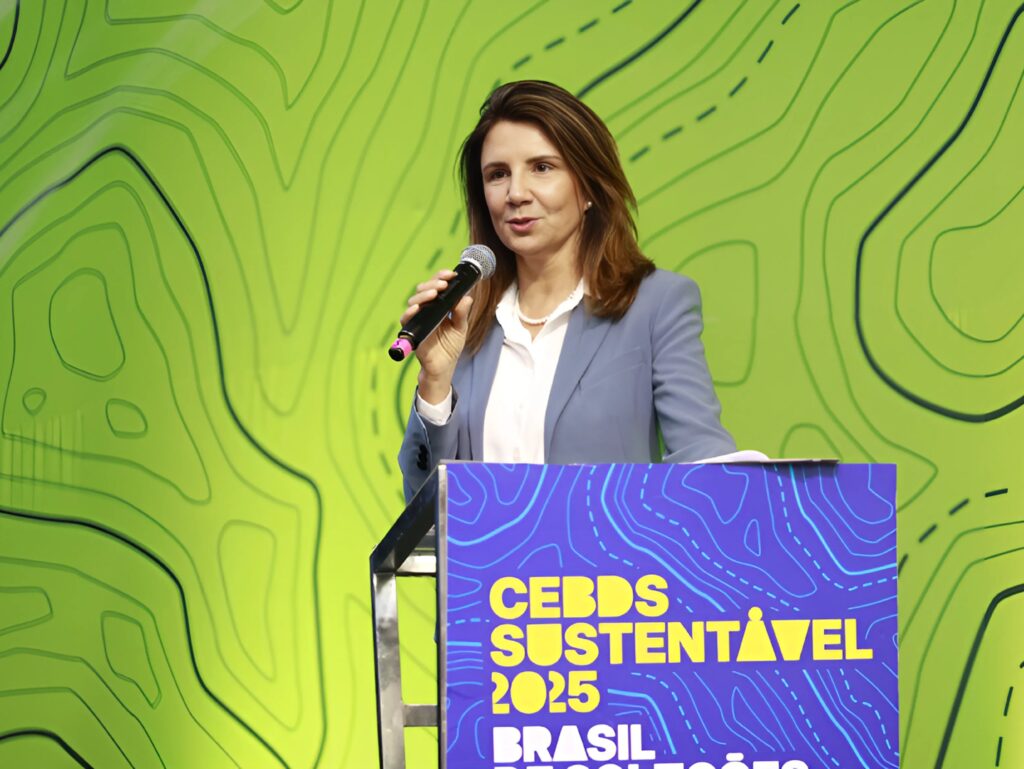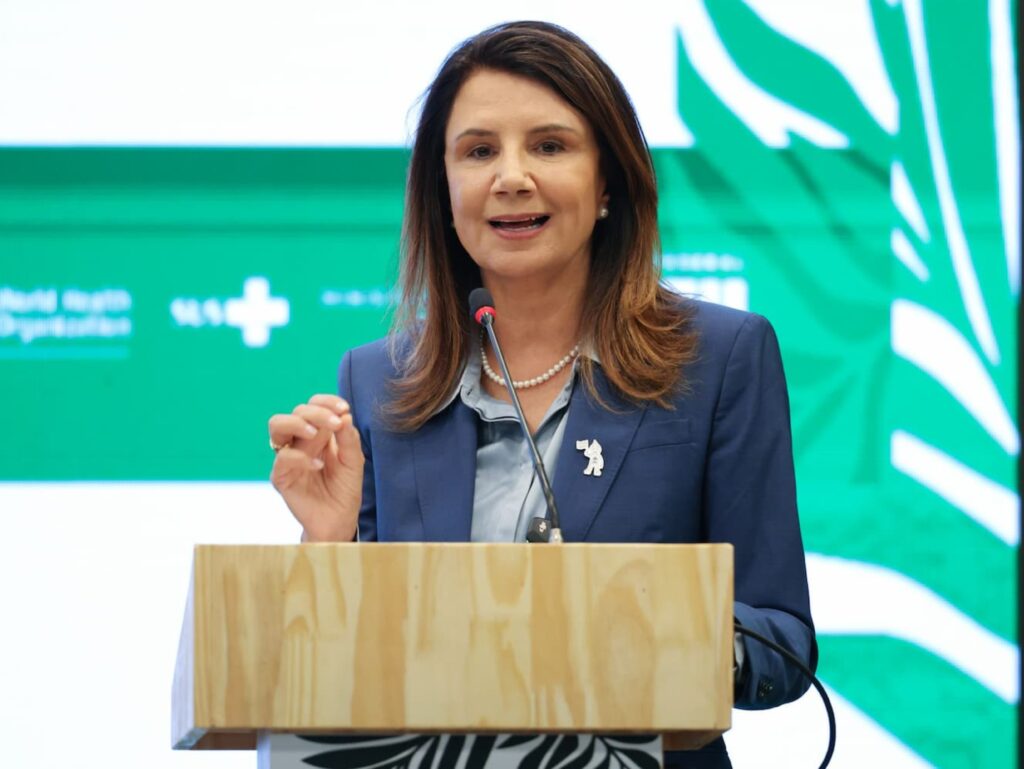As the world’s climate clock ticks ever faster, humanity finds itself at a crossroads from which there is no return. From Paris to Glasgow, Sharm El-Sheikh to Dubai, the international community has debated, compromised, and been overtaken time and again by the urgency of reality. Now, Belém in Brazil is preparing to host COP30, a gathering that may prove to be not merely another conference, but a defining watershed for the decades ahead.
At this critical juncture, COP30 Chief Executive Ana Toni has issued a call marked by urgency and resolve. She insists that this time must be different.
“The world must move from rules to delivery, from promises to action, from delay to acceleration,” she said. For Toni, previous COPs were largely about drafting the rulebook of the Paris Agreement. While important in their own right, they remained words on paper. COP30, she argues, represents another stage entirely.
“Rules will not stop a city from being engulfed by the sea. They will not rescue a farmer from crop failure. They will not bring water to a community in drought. The challenge today is to turn pledges into tangible change, words into action, hesitation into urgency.”
Rejecting the notion of COP30 as another bureaucratic exercise, Toni was blunt: “We cannot spend a week merely approving an agenda. What we need is immediate action. Even if we stumble in the attempt, I would rather err in moving forward than be judged by history for standing still.”
The Media Should Tell Stories of Delivery, Not Simply Record the Conference
This time Ana Toni also turned her attention to the media. Traditionally, reporting has focused on the drama of negotiations, the climax of agreements, or the symbolism of a handshake. But for COP30 she believes the narrative must shift.
“The story this year should be about delivery. It should be about transformations already under way, such as a factory switching to renewable energy, a city learning to withstand floods, or a forest spared from clearance. The media must highlight these efforts while being honest with the public that the pace is still nowhere near enough.”
Her voice dropped as she added, “If you are not part of the solution, you are part of the problem. It is harsh, but it is the reality we must face.”
In her blueprint COP30 will place “resilience” at the centre of the global stage for the first time.
“We are already living in a world warmed by 1.5°C. Droughts, floods and food insecurity are not future threats but present realities. Resilience is not a supporting theme, it is the foundation of survival.”
This year’s agenda will focus sharply on agriculture, food security, infrastructure and risk management. For the first time the presidency team will establish six thematic pavilions covering energy, industry, forests, oceans, cities and infrastructure, with resilience woven through them all.

Climate Finance Must Address the Gaps in Nature and Agriculture
In the interview, Ana Toni repeatedly underlined that without finance, every blueprint remains empty talk.
“The 1.3 trillion US dollar report is the first time a COP presidency has been asked to deliver such a document. But it is more than a list of figures, it is a political signal. We must answer where the money will come from and how it will actually reach the countries and communities that need it most.”
She also stressed another crucial point: this time the focus cannot be limited to energy. The vast gaps in nature and agriculture must be addressed. Land restoration, agricultural transformation and forest protection all require real financial resources and diverse forms of international support.
Ana Toni further noted that the private sector must take on a greater share of responsibility for adaptation. “Mobilising 1.3 trillion dollars is impossible without business. Today we see companies making commitments and investments in mitigation, yet in adaptation there is still a vacuum, whether in insurance, agricultural investment or nature-based solutions.”
She concluded by emphasising that these tasks all demand business involvement, because without private capital and collective expertise, the transformation will never truly happen.
COP30 Is Not a Ceremony but a Stress Test
Belém, the “heart of the Amazon,” naturally became the world’s focus because of COP30. Yet Ana Toni hopes other ecosystems can receive equal attention.
“The Amazon is, of course, a treasure of the world, but the Pampas, the Cerrado, and ecosystems in other countries also have their own wisdom and challenges. COP30 must provide a stage for all of them.”
She also looked back to Rio thirty years ago: “Climate change, biodiversity, and desertification were all born from the same moment, yet history has pushed them apart. It is time to bring them back to the same table, because fragmented governance only costs us more time.”
Speaking to reporters, Ana Toni conveyed both urgency and sincerity. She reminded the world that COP30 is not a ritual, but a stress test. It is a test of whether we are prepared to transform promises into real action.
“We hope COP30 will be remembered not because of an agreement, but because it marked the moment humanity finally faced reality and moved forward at full speed.”

Recommend for you:
COP29 Leaders|IHLEG Co-Chair Vera Songwe’s Vision for Global Climate Finance and Sustainable Growth